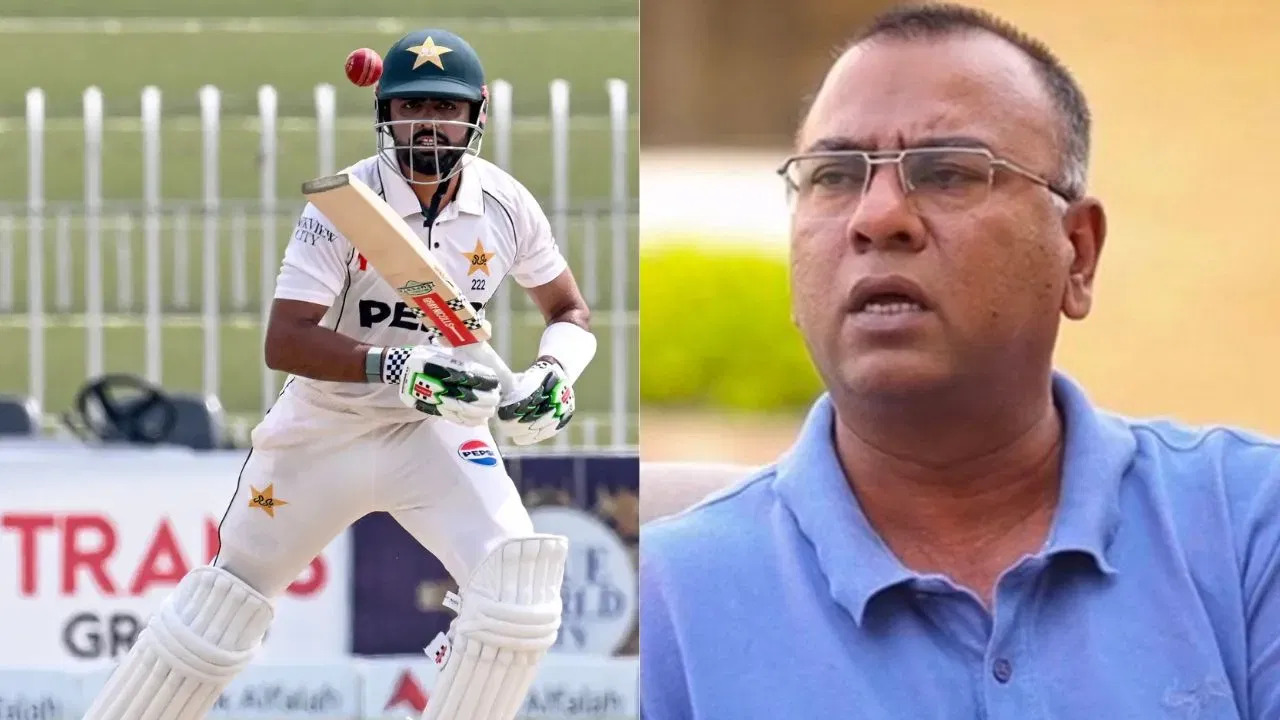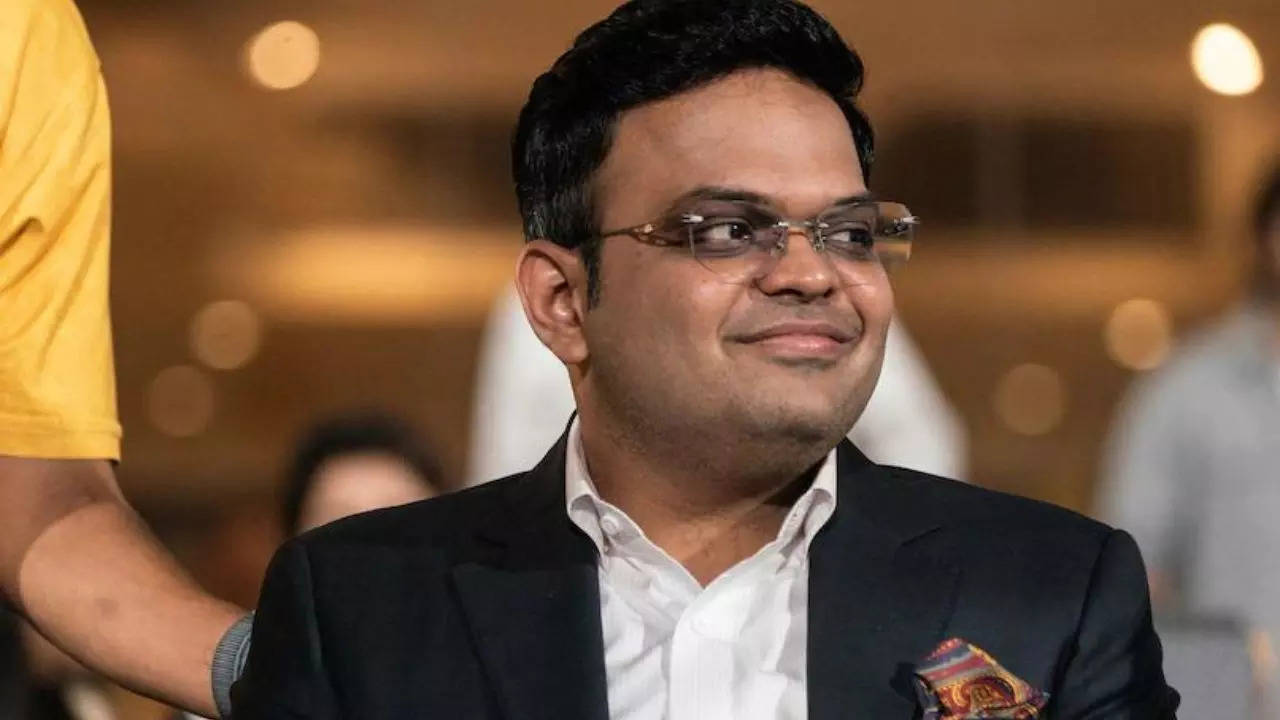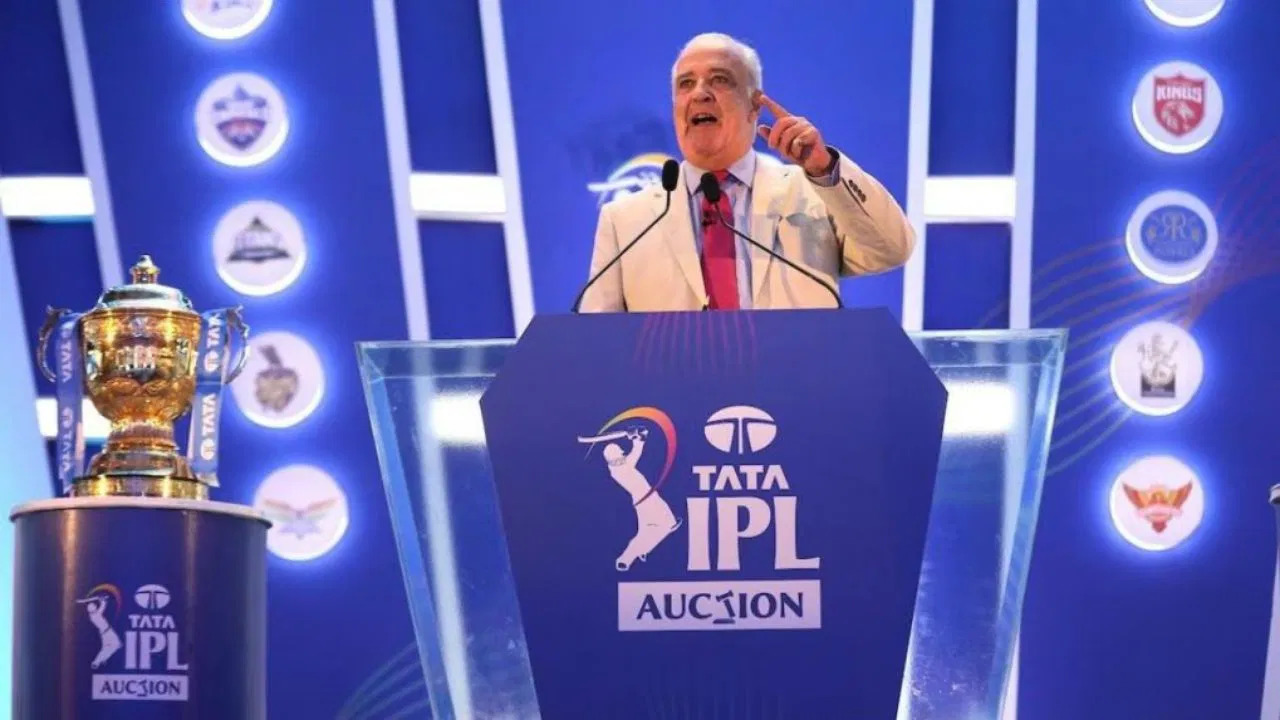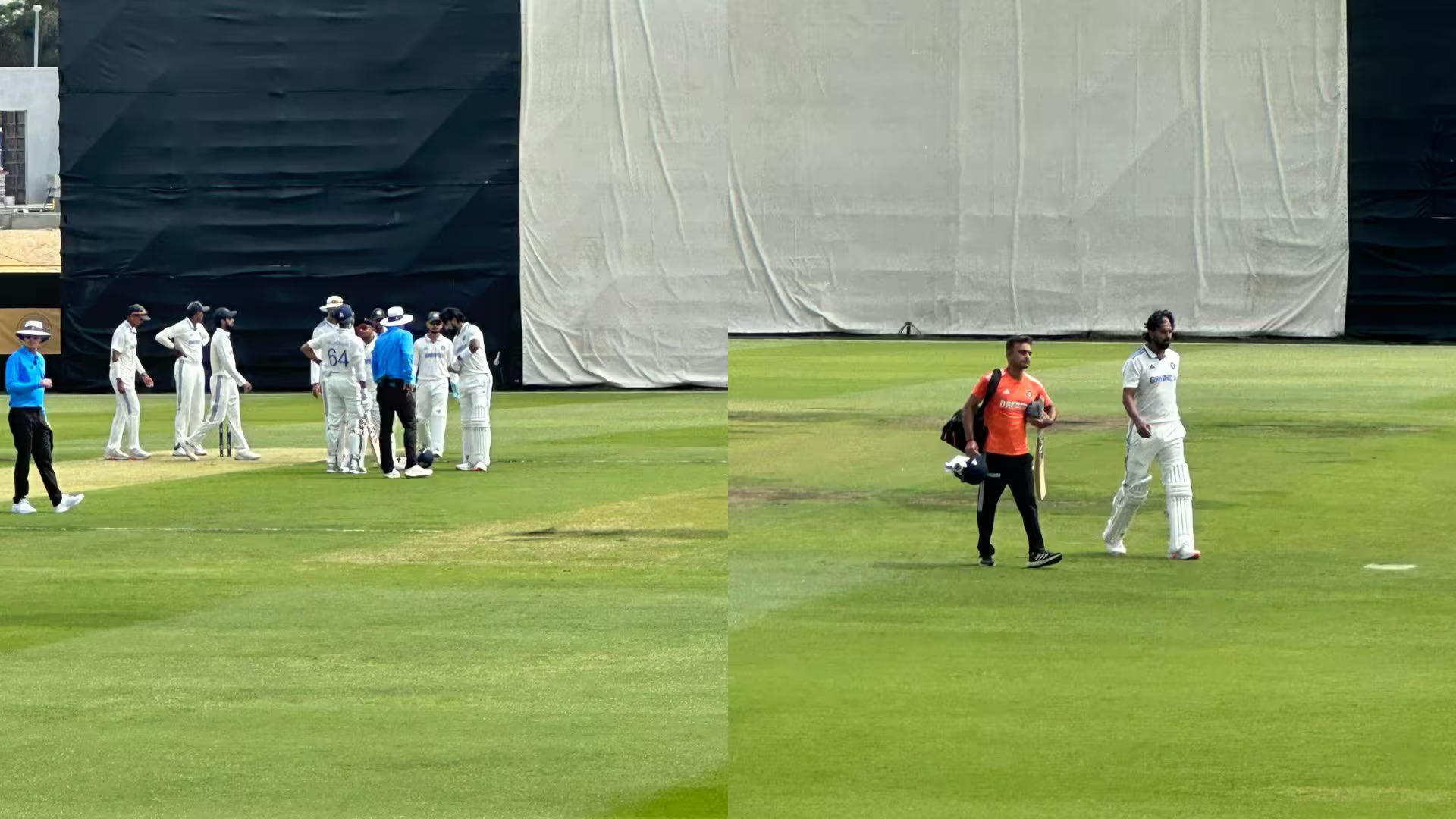When it comes to their own cricket journeys, India and Pakistan are now traveling quite separate routes. While Pakistan experienced depressing moments in the aforementioned international tournaments, India triumphed in the T20 World Cup 2024, demonstrating their incredible resilience following a terrible defeat at the 50-over World Cup in 2023.
In addition, after suffering a humiliating loss to Bangladesh at home, they are about to lose badly to England in the opening Test of the three-match series. In an interview recently, former cricketer Basit Ali of Pakistan revealed one of the most important mental factors that the Pakistani team management lacked.
“A critical component of Pakistani cricket is the absence of cognitive processes. Though no one on our team takes a break, India rested Shubman Gill and Yashasvi Jaiswal. In a video that was uploaded to his official YouTube channel, Basit said, “Please take a lesson from India.
Gautam Gambhir’s strategy has worked well: Basit Ali
In addition, Basit praised Rinku Singh and Nitish Kumar Reddy for their individual explosive innings against Bangladesh in the second Twenty20 International in Delhi. He applauded Gambhir for his concept of fully supporting young people, something that hasn’t been the case with Pakistan’s think tanks.
“Rather than sixes, Nitish should have used athhe, which means “strong shot” in Urdu. Then again, Rinku Singh is actually Michael Bevan. Gautam Gambhir has had success with his thinking. I’m not predicting that he will win the World Cup handily. This is the best illustration of how they pick people and make them; even if they flop, Gautam won’t stop supporting them,” Basit continued.
Also Read: Babar Azam’s half-century drought in tests approaches 2nd anniversary
A major problem for Pakistani cricket, aside from the myriad of other problems, has been that their pacers—some of whom play in all formats—are not given enough time off. An ongoing cycle of cutting and altering has been another noteworthy hazard, and it affects not just the players but also the higher-ups.








 Win Projections to be updated soon
Win Projections to be updated soon















